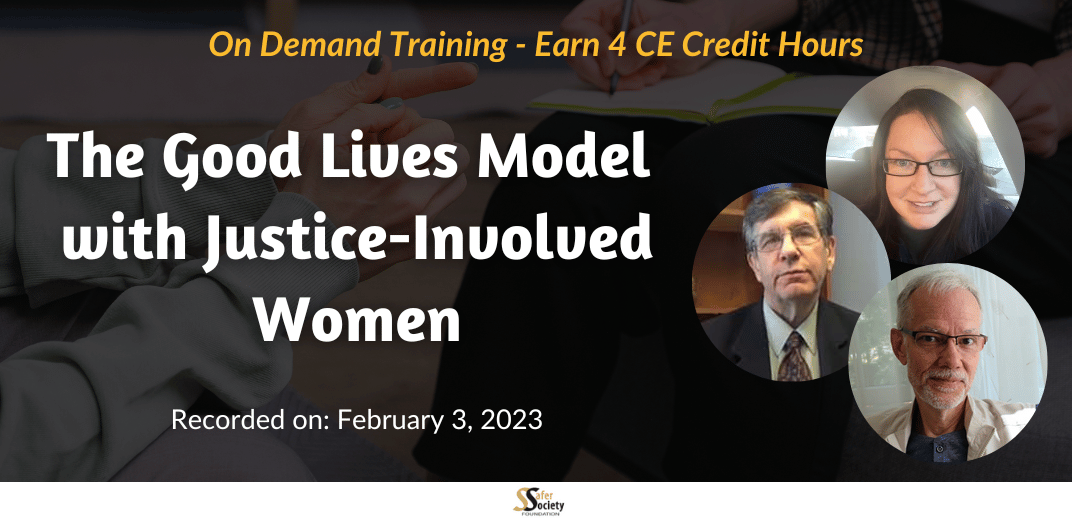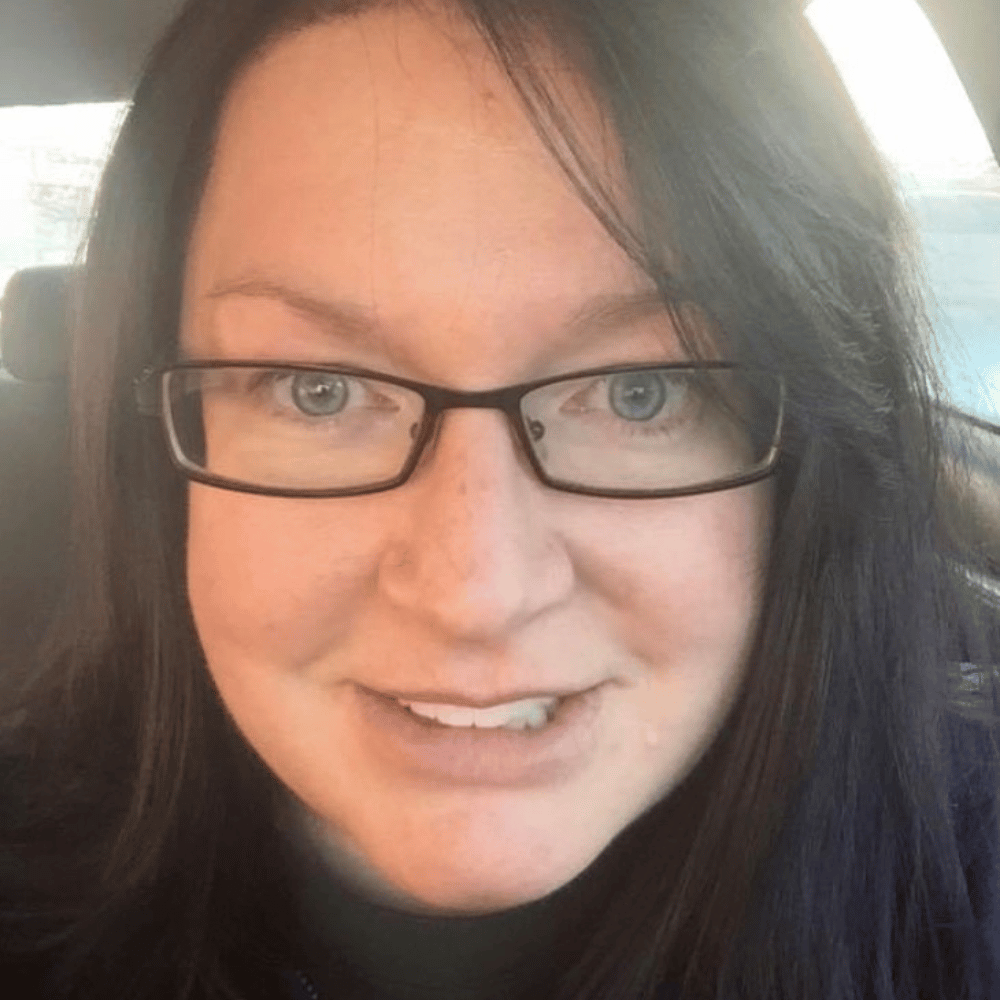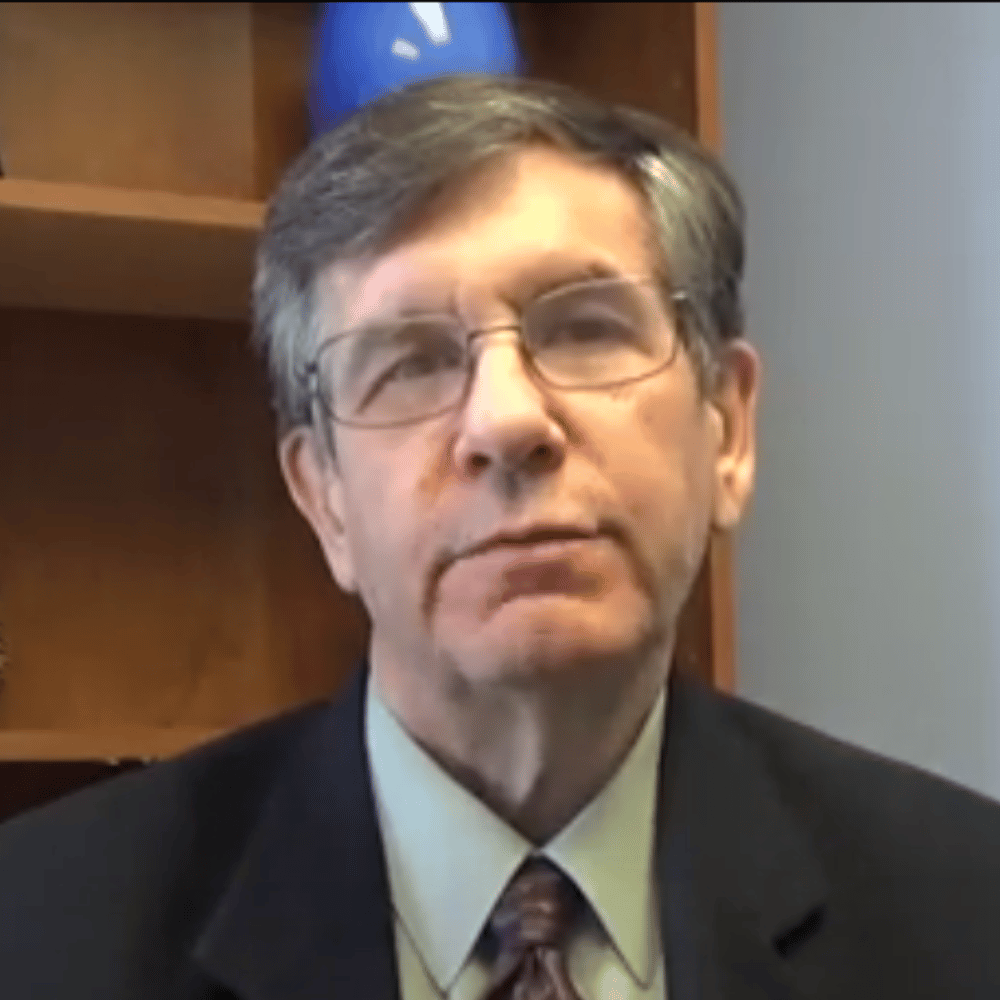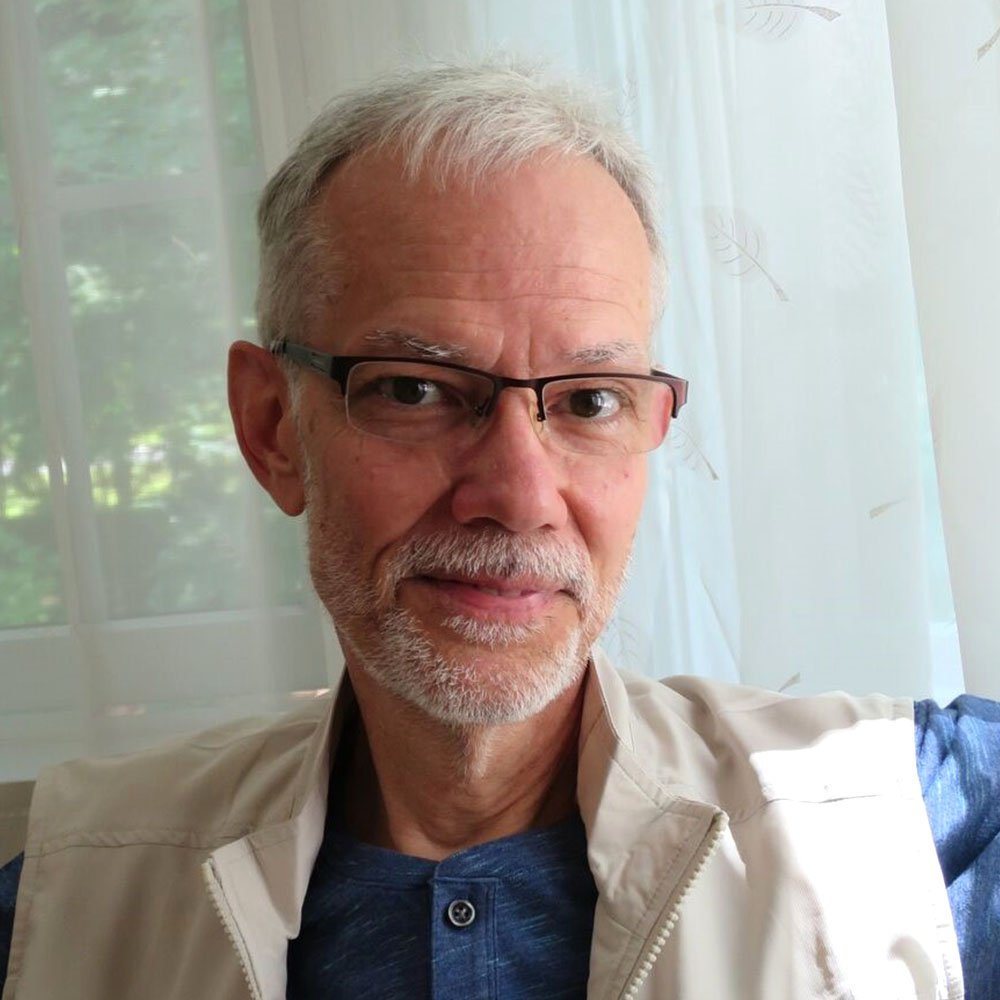
The Good Lives Model with Justice-Involved Women
Already purchased an On Demand training?
Click here to access your Safer Society On-Demand Training Center account.
The Good Lives Model (GLM) has become a popular framework for the treatment of people who have caused harm to others. It is suitable for treatment providers and program administrators working in prison, civil commitment, and community-based settings. Preliminary evidence suggests that, integrated appropriately, the GLM offers potential for improving outcomes of treatment programs that follow a cognitive-behavioral (CBT) approach and that operate according to the Risk, Need, and Responsivity (RNR) principles. For example, research suggests that the GLM’s focus on engaging clients in the treatment process enhances treatment engagement, an important element of program effectiveness. However, misguided or otherwise poor application of the GLM in practice could increase the very risk treatment is designed to prevent and manage. This four-hour online training focuses on how programs and therapists can use the GLM combined with a gendered approach to treat adult women.
In this online training, the presenters will provide information on how to translate and integrate the GLM into practice with women in the overall structure, content, and process of treatment, and illustrate key assessment and treatment strategies. The presenters will provide an overview of GLM-based assessment and intervention planning and describe the module or phase-based structure of a RNR/CBT treatment program using the GLM. Lastly, the presenters will address how typical program modules targeting dynamic risk factors such as sexual and general self-regulation can be developed and integrated using a GLM approach.
Training topics include:
- The importance of a gendered approach in the treatment of women who sexually abuse.
- How the Good Lives Model (GLM) combined with a gendered approach fits with the principles of risk, need, and responsivity.
- The GLM “Primary Human Goods” (also known as “common life goals”).
- The GLM “Goods” most often implicated in offending by women.
- Obstacles to women implementing a good life plan.
- A gendered approach to case formulation, assessment, and treatment using the GLM.
1) Explain how the “Primary Human Goods” (also known as “common life goals”) of the Good Lives Model (GLM) are relevant to the treatment of women in the criminal justice system.
2) Distinguish between common life goals that are important to women in general, and those goals specifically implicated in their offending.
3) Explain four kinds of obstacles that women often experience when attempting to implement their “Good Life Plan”.
4) Explain GLM-based assessment and intervention planning for women.
5) Distinguish between integration and implementation of GLM in the treatment of women.
Audience
This training is for professionals working with people who have who have perpetrated abuse. Professionals who will benefit from this training include social workers, psychologists, clinical counselors, and interested paraprofessionals.
Content Level
Disclosure
Continuing Education Approval
American Psychological Association (APA)
Safer Society Foundation, Inc. is approved by the American Psychological Association (APA) to sponsor continuing education for psychologists. Safer Society Foundation, Inc. maintains responsibility for this program and its content.
Who's Presenting

Dawn Pflugradt, PsyD, LP, LCSW
Dawn Pflugradt, Psy.D., is a licensed psychologist with advanced degrees in psychology, social work and bioethics. She works in the area of sex offender assessment and treatment and is an associate professor at the Wisconsin School of Professional Psychology where she teaches courses in developmental psychology, personality disorders, and ethics. In addition to her years of clinical experience, Dr. Pflugradt has published numerous articles and book chapters in the areas of pediatrics and sex offender assessment and treatment. She has co-authored the workbook Becoming the Woman I Want to Be, and Gendered Treatment Assessment, both published by Safer Society Press. Dr. Pflugradt also is a certified trainer for the STATIC-99R and STABLE- 2007.

Bradley P. Allen, Ph.D. J.D
Brad Allen, Ph.D., J.D. is a licensed psychologist with advanced degrees in psychology, sociology, law and epidemiology. In addition to having extensive experience in the treatment and assessment of sex offenders, he has an eclectic research background publishing in the areas of developmental disabilities, gerontology and sex offenders.

David Prescott, LICSW, ATSA-F
A mental health practitioner of 40 years, David Prescott is the Director of the Safer Society Continuing Education Center. He is the author and editor of 25 books in the areas of understanding and improving services to at-risk clients. He is best known for his work in the areas of understanding, assessing, and treating sexual violence and trauma. Mr. Prescott is the recipient of the 2014 Distinguished Contribution award from the Association for the Treatment and Prevention of Sexual Abuse (ATSA), the 2018 recipient of the National Adolescent Perpetration Network’s C. Henry Kempe Lifetime Achievement award, and the 2022 recipient of the Fay Honey Knopp Award from the New York State Alliance for the Prevention of Sexual Abuse and New York State ATSA. He also served as ATSA President in 2008-09. Mr. Prescott currently trains and lectures around the world. His published work has been translated into Japanese, Korean, German, French, Polish, and Southern Tutchone. He has served on the editorial boards of four scholarly journals.
